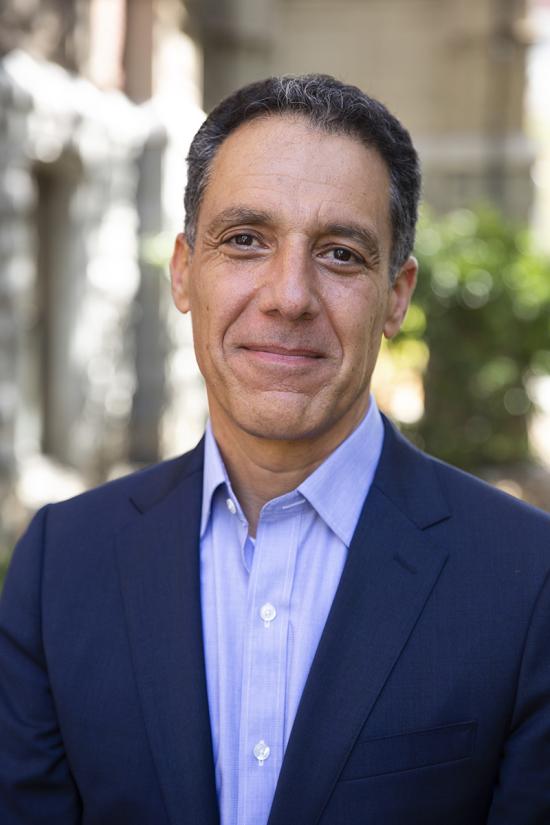From The New York Times
Facebook Encryption Eyed in Fight Against Online Child Sex Abuse
By Jennifer Valentino-DeVries and Gabriel J.X. Dance
An explosion in reports of child sexual abuse imagery on the internet is prompting the authorities to step up pressure on technology companies over their use of encryption — and Facebook, which flags by far the largest amount of the material, is drawing outsize attention...
The New York Times reported on Saturday that Facebook Messenger, which is not encrypted, accounted for nearly two-thirds of reports last year of online child sexual abuse imagery. On Wednesday, the Justice Department said that Facebook as a whole was responsible for 90 percent of the reports...
“There are really good reasons to have end-to-end encryption, but we have to acknowledge it comes with trade-offs,” said Hany Farid, a professor at the University of California, Berkeley, who helped develop technology in 2009 for detecting online child abuse imagery...
Guy Rosen, Facebook’s vice president for integrity, said at the Stanford conference that the company would rely on “signals” that could indicate the spread of abuse imagery even if Facebook was unable to see it — when users tried to distribute messages to large groups, for example.
But Dr. Farid, the professor who helped build the detection technology, said that would be inadequate. He suggested scanning for abuse content by making a fingerprint of an image before the message was encrypted, and then comparing the fingerprint with a database of known illegal material.
“I don’t think there’s a technical barrier here,” Dr. Farid said. “They’re doing this because they want to avoid liability.”
Hany Farid is a professor at the UC Berkeley School of Information and EECS. He specializes in digital forensics.










